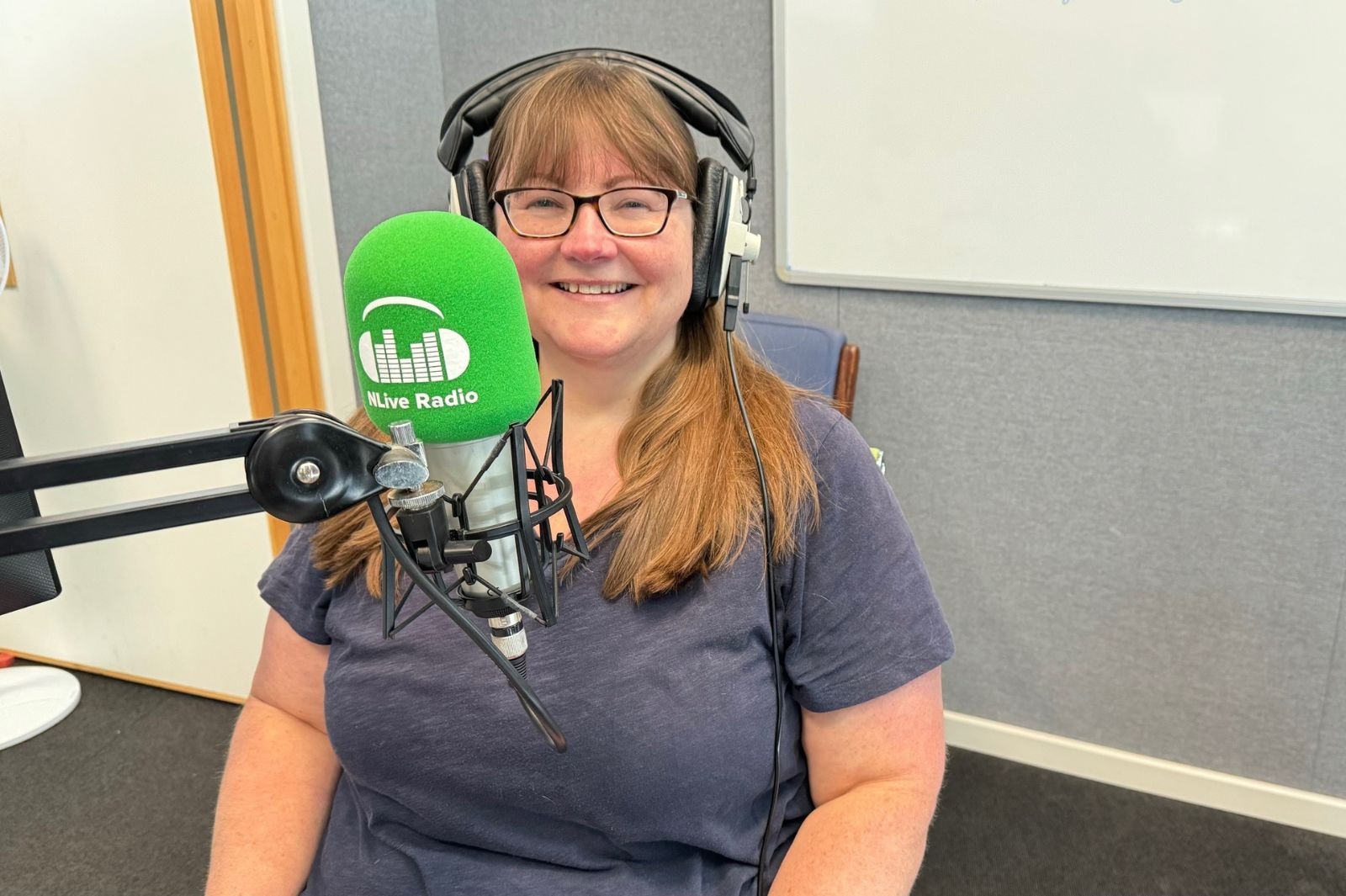Research in the limelight. Using theatre to enhance the bonds between people with dementia and their carers
Date 5.09.2024
5.09.2024
Using the power of creative arts can alleviate some symptoms of dementia for younger people with a diagnosis of the condition and support the attachment between them and their carers.
This is according to new research from University of Northampton (UON) and University of Derby who took their ideas about creative play into the community.
People with younger onset dementia require community-based services that cater to their specific needs, emphasising family dynamics, social interaction and preserving individual identity.
The researchers used Neuro-Dramatic Play (NDP) sessions in a theatre to see how they could improve quality of life, family relationships and the ability to support someone with a dementia diagnosis under the age of 65.
Neuro-Dramatic Play was developed by Dr Sue Jennings to help children form closer bonds with their mothers. NDP is relevant for the team’s research because it supports the independence, self-esteem and identity of people, key strategies that can offset some dementia symptoms.
Guided by the researchers, the participants scripted and performed their own play at The Derby Theatre. This was filmed for the wider group to watch and enjoy during a celebration event held last year.
The findings showed a positive application of NDP from its original use with mothers and children to situations involving older people only.
The full findings of the research and its wider implications will be discussed during a Knowledge Café at the Enterprise Centre in Derby on Wednesday 18 September (9am-4pm). Attendees can also ‘have a go’ at some of the NDP activities used in the research.
The UON lead for this project was Associate Professor in Dementia Research Dr Alison Ward, who combines her personal passion for arts and creative expression with her academic career in dementia innovation.
Dr Ward says: “The operative word with Neuro-Dramatic Play is play and for this research, we wanted that to be a key part of what our participants would do. That they would have fun working with their peers and family member to create their own play about whatever topic they chose to focus on.
“The attachment element, how people strengthen existing bonds or form new ones, was something that really intrigued us and the creative process here was a delight to watch as our participants developed and performed their productions.
“During our Knowledge Café, we want to share the results and discuss how we take this project forward with partners and stakeholders. We look forward to welcoming people on 18 September for what will be a fun, interactive and informative day.”
For any questions about the Knowledge Cafe or for more information on CDRG, please email the team at CDRG@derby.ac.uk
You can hear more about Alison, her background and the theatre research in this podcast.